Related Articles
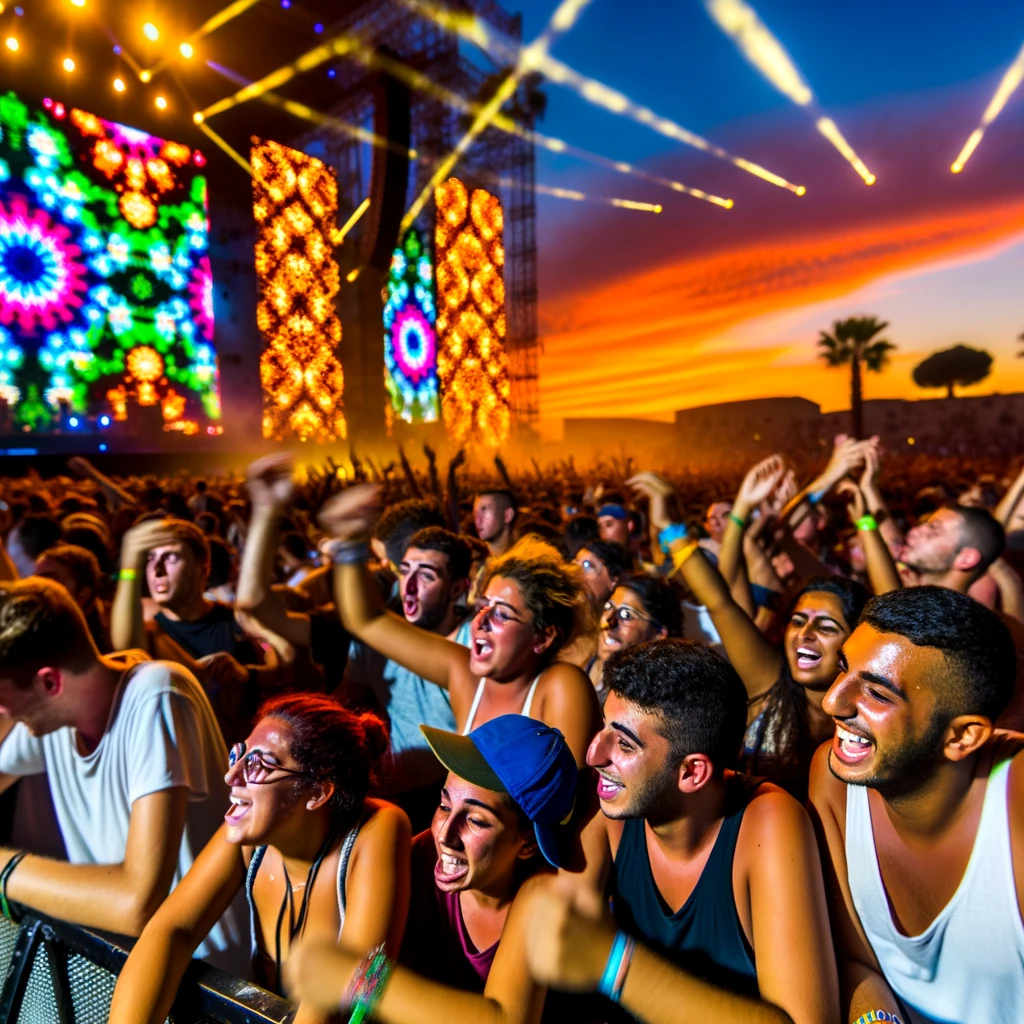
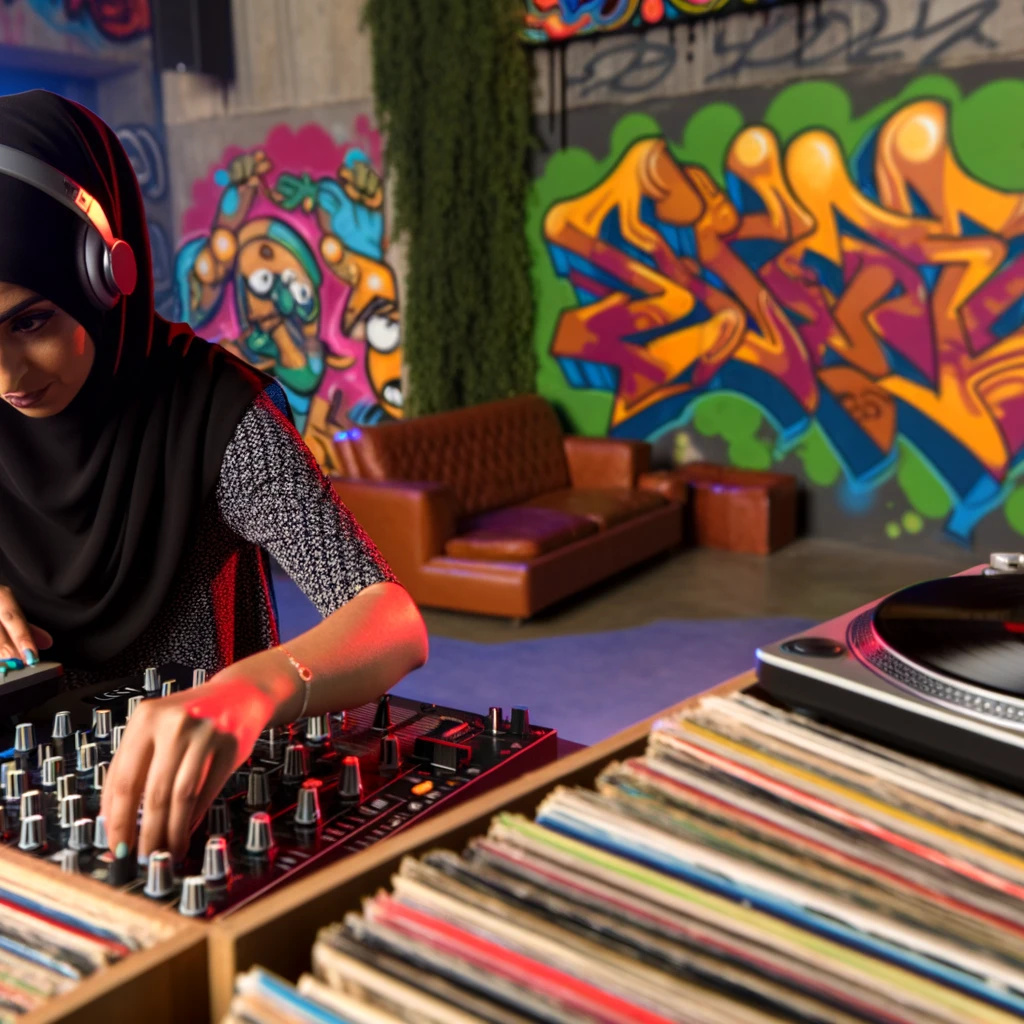
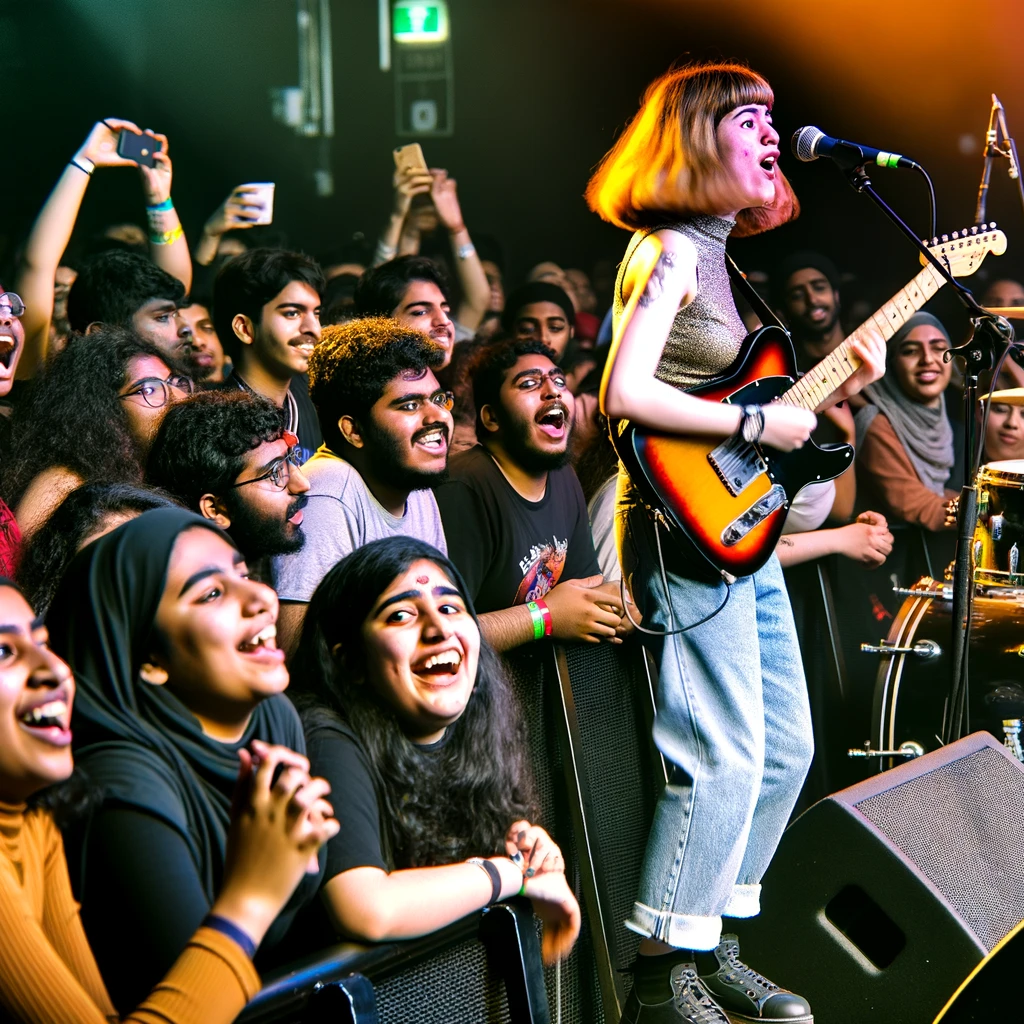
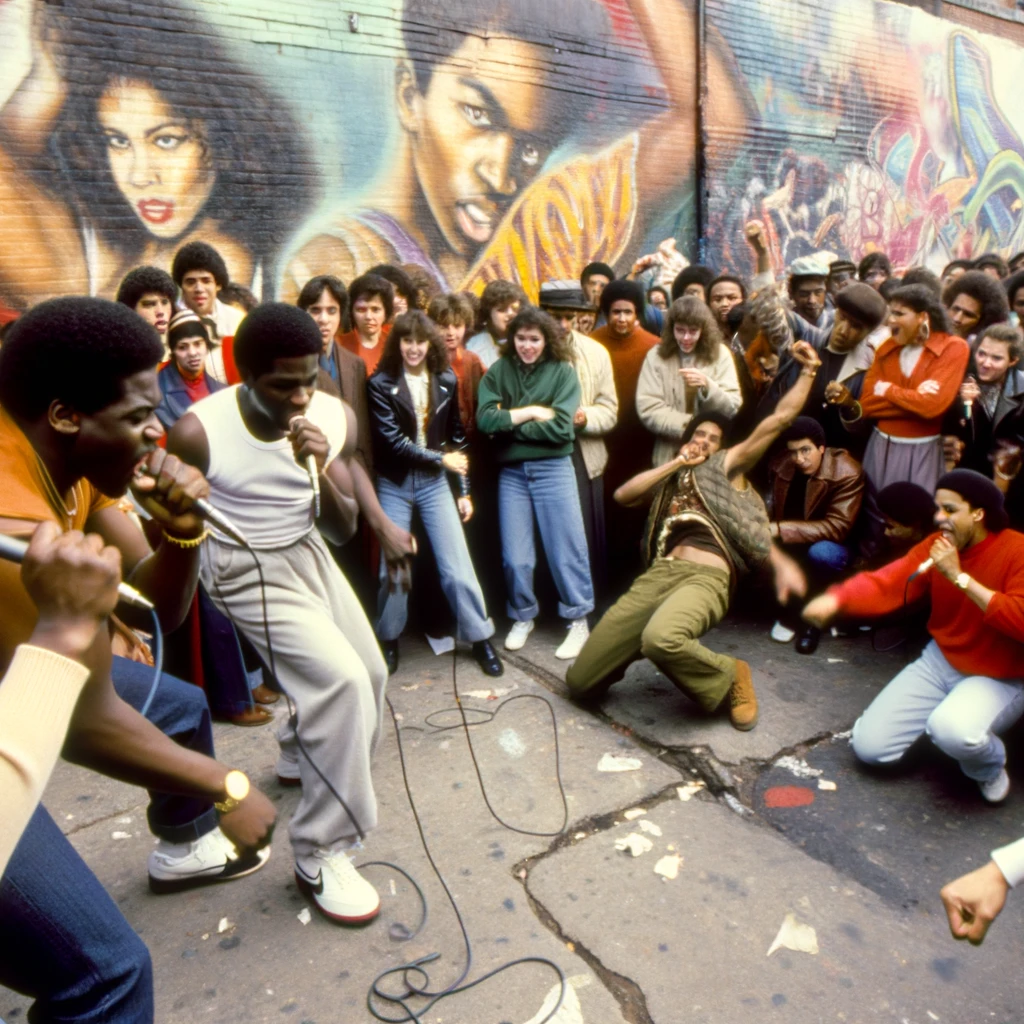
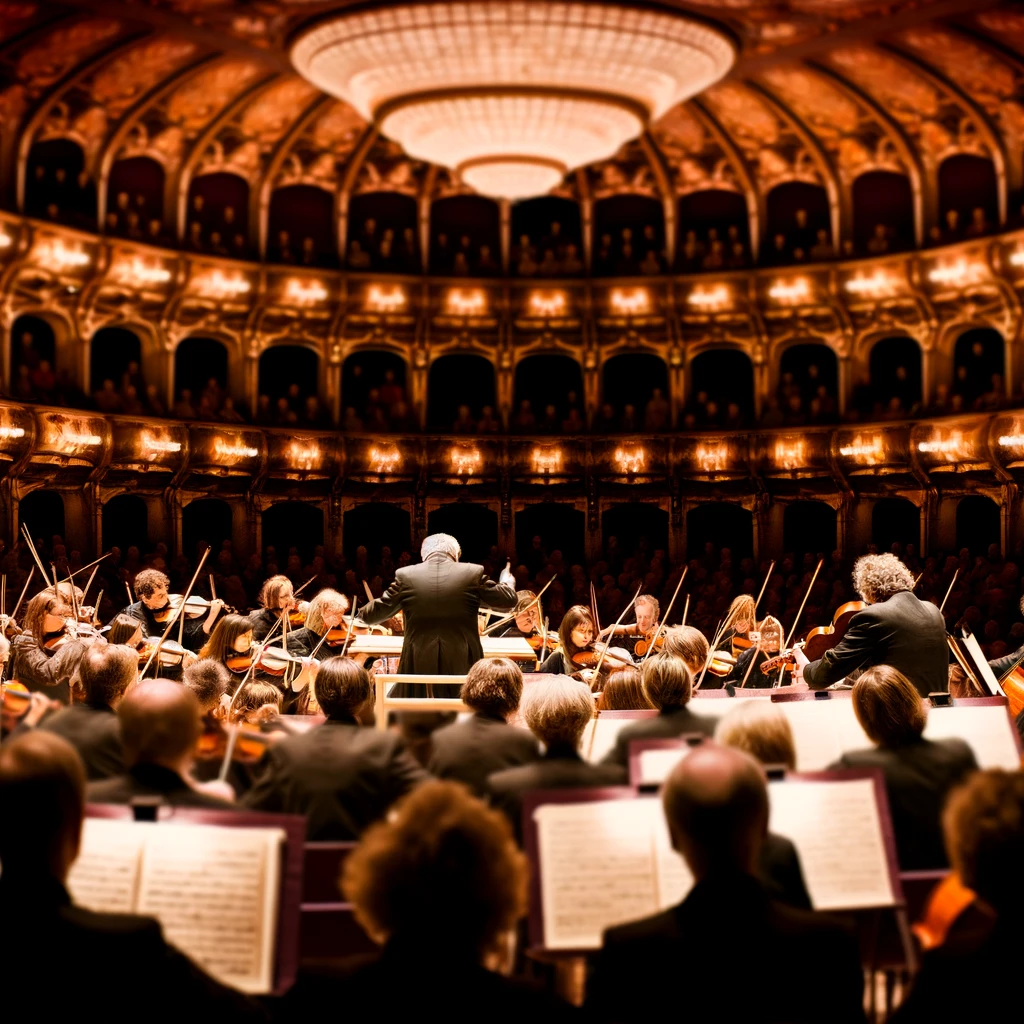





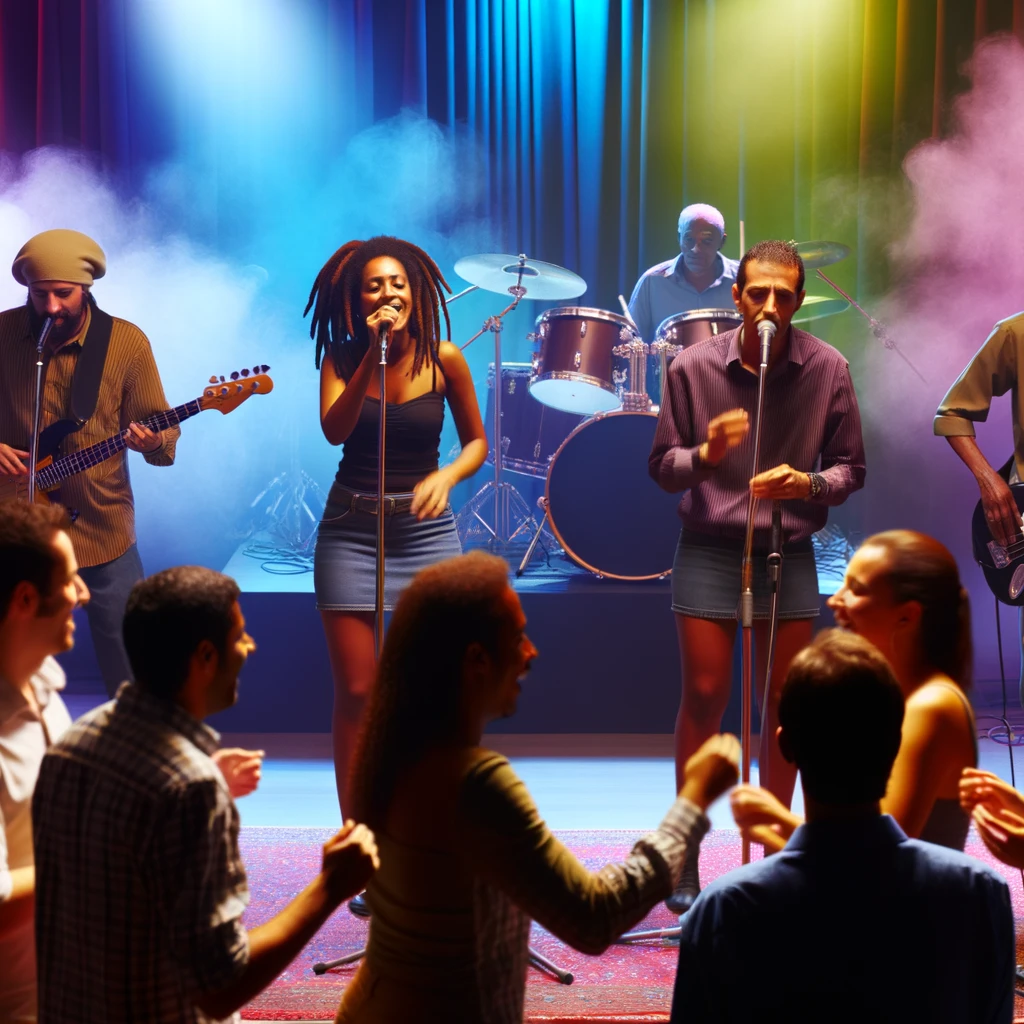
Reggae music, with its infectious rhythms and compelling lyrics, is more than just a genre—it's a powerful expression of cultural resistance and social change. Emerging from Jamaica in the late 1960s, reggae has grown into a global phenomenon, influencing countless artists and movements worldwide.
To understand reggae's impact, one must first delve into its origins. The genre emerged from the fusion of traditional Jamaican folk music, known as mento, with elements of American jazz and rhythm and blues. This unique musical blend was birthed in the urban slums of Kingston, where economic hardship and social inequality were rampant.
Reggae's roots are deeply intertwined with the Rastafarian movement, which emerged in Jamaica in the 1930s. This spiritual and cultural movement, characterized by its African-centric ideologies and resistance to colonialism, provided a strong ideological foundation for reggae music. The themes of social justice, anti-colonialism, and spiritual upliftment are evident in the lyrics of many reggae songs.
Bob Marley is perhaps the most iconic figure associated with reggae music. His messages of love, peace, and resistance resonated globally, transcending cultural and linguistic barriers. Marley's music addressed issues of poverty, racism, and political oppression, making him a voice for the marginalized.
Other significant figures include Peter Tosh and Bunny Wailer, who, along with Marley, formed the original lineup of The Wailers. Tosh's bold and unapologetic stance on issues such as marijuana legalization and anti-apartheid movements further cemented reggae's role as a tool for resistance.
Reggae's appeal is not limited to Jamaica. The genre has inspired numerous artists and social movements worldwide. In the UK, the reggae sound played a crucial role in the development of punk rock and the broader counterculture movement. Bands like The Clash and The Police infused reggae rhythms into their music, highlighting its universal appeal.
In Africa, reggae became a voice against colonial rule and apartheid. Artists like Lucky Dube and Alpha Blondy used reggae music to promote messages of peace and freedom, resonating with audiences across the continent.
Today, reggae continues to evolve, with artists incorporating contemporary sounds and production techniques. The genre has expanded to include subgenres like dancehall and reggaeton, each bringing new dimensions to reggae's rich tapestry.
While the sound may have evolved, the core themes of resistance and social justice remain central to reggae music. Modern artists continue to address issues such as systemic racism, environmental concerns, and human rights, ensuring that reggae remains a relevant and powerful force for change.
Reggae music, with its deep roots in resistance and cultural expression, continues to inspire new generations. Its ability to convey powerful messages of hope and resilience ensures its place as a timeless anthem of resistance. As long as there are causes worth fighting for, reggae will remain a vital tool for change and empowerment.